Seoul, Dec 05 (V7N) — South Korean President Yoon Suk Yeol faces the risk of impeachment following the controversial imposition and subsequent lifting of martial law. On Wednesday, a majority of South Korea’s parliament announced the start of impeachment proceedings against the president, citing constitutional violations. The move has sparked widespread unrest and political uncertainty in the country.
The impeachment motion is led by the main opposition Democratic Party and supported by six other opposition parties, as well as a faction of lawmakers from President Yoon's own People’s Power Party. Opposition coalition leader Hwang Eun-ha has called for a vote within the next 72 hours, with Friday or Saturday likely to see the historic decision.
The turmoil began late Tuesday night when President Yoon unexpectedly declared martial law in a televised address. He accused the opposition Democratic Party of engaging in anti-state activities and alleged sympathy for North Korea. Martial law temporarily placed the country under military control, with the deployment of armed forces around the National Assembly building.
The move was met with swift condemnation from opposition leaders and civil society. Democratic Party leader Lee Jae-myung called the action illegal and urged lawmakers to convene an emergency session. Within hours, over 190 of the 300 parliamentary members gathered to annul the president’s decree in a decisive midnight vote.
Protesters also took to the streets in large numbers, demanding Yoon’s resignation. Despite military deployments, no significant clashes occurred, and lawmakers entered the Parliament without resistance. By early Wednesday, President Yoon announced the withdrawal of martial law, stating that military personnel would return to their barracks.
The opposition claims that Yoon’s actions were unconstitutional and warrant his removal. The impeachment proposal will be formally presented to the full Parliament on Thursday. According to parliamentary rules, the vote must be conducted within 72 hours, setting the stage for a decisive moment by the weekend.
If the impeachment motion passes, the Constitutional Court will have 180 days to review and rule on the case. In the meantime, the president’s powers could be suspended.
The Korean Confederation of Trade Unions has called for a nationwide strike, intensifying pressure on the embattled president. Thousands of workers and ordinary citizens have joined protests, demanding accountability and a return to democratic norms.
The crisis in South Korea has drawn global attention, with concerns over its implications for regional stability. Analysts note that the political chaos could affect South Korea’s economy and its relations with allies, particularly the United States and Japan.
President Yoon, who has been in office since 2022, is now at the centre of one of the most turbulent political episodes in recent South Korean history. As the impeachment process moves forward, the nation's future leadership and stability remain uncertain.
END/RH/AJ



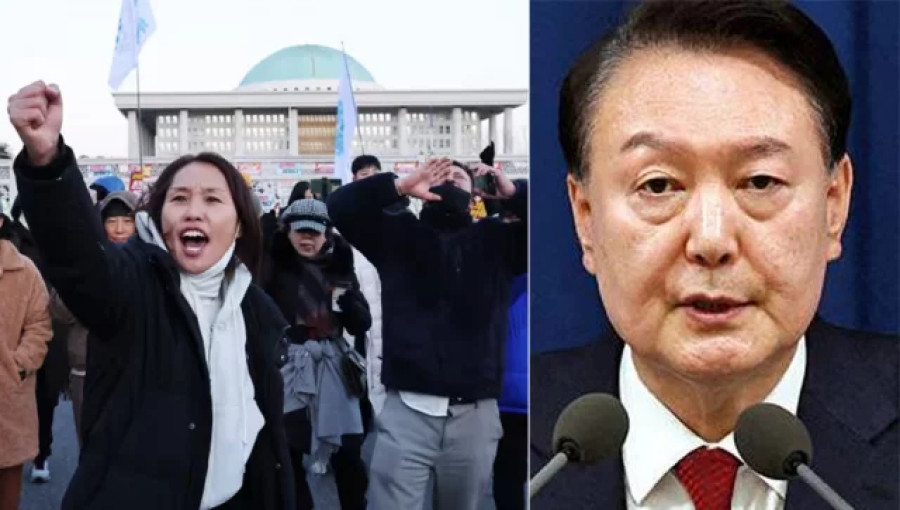

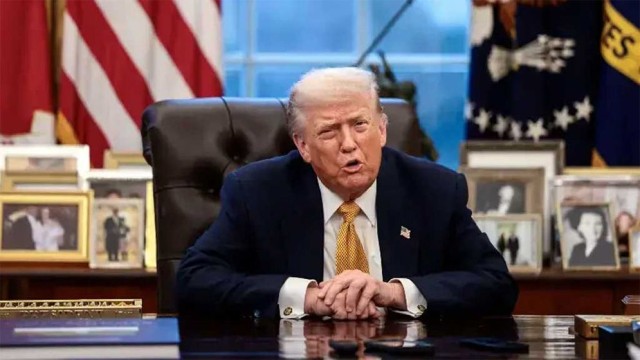









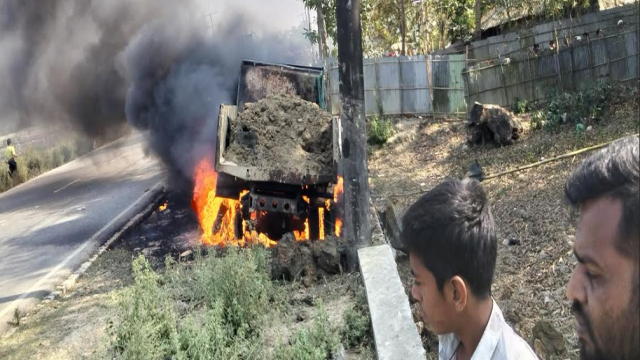










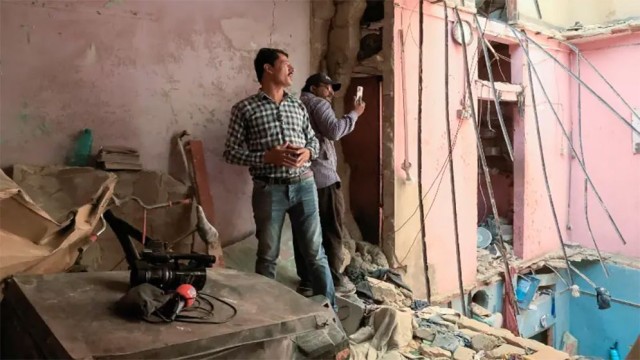



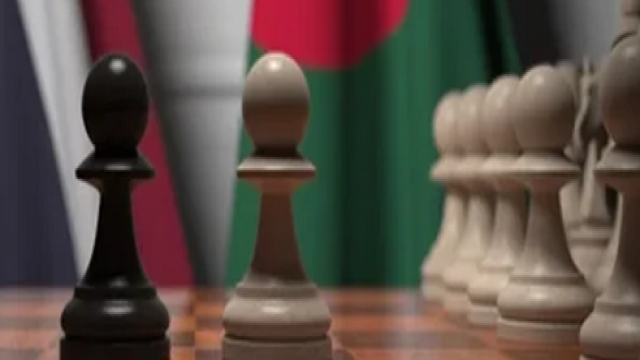
Comment: